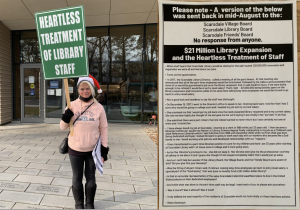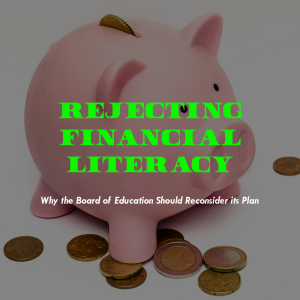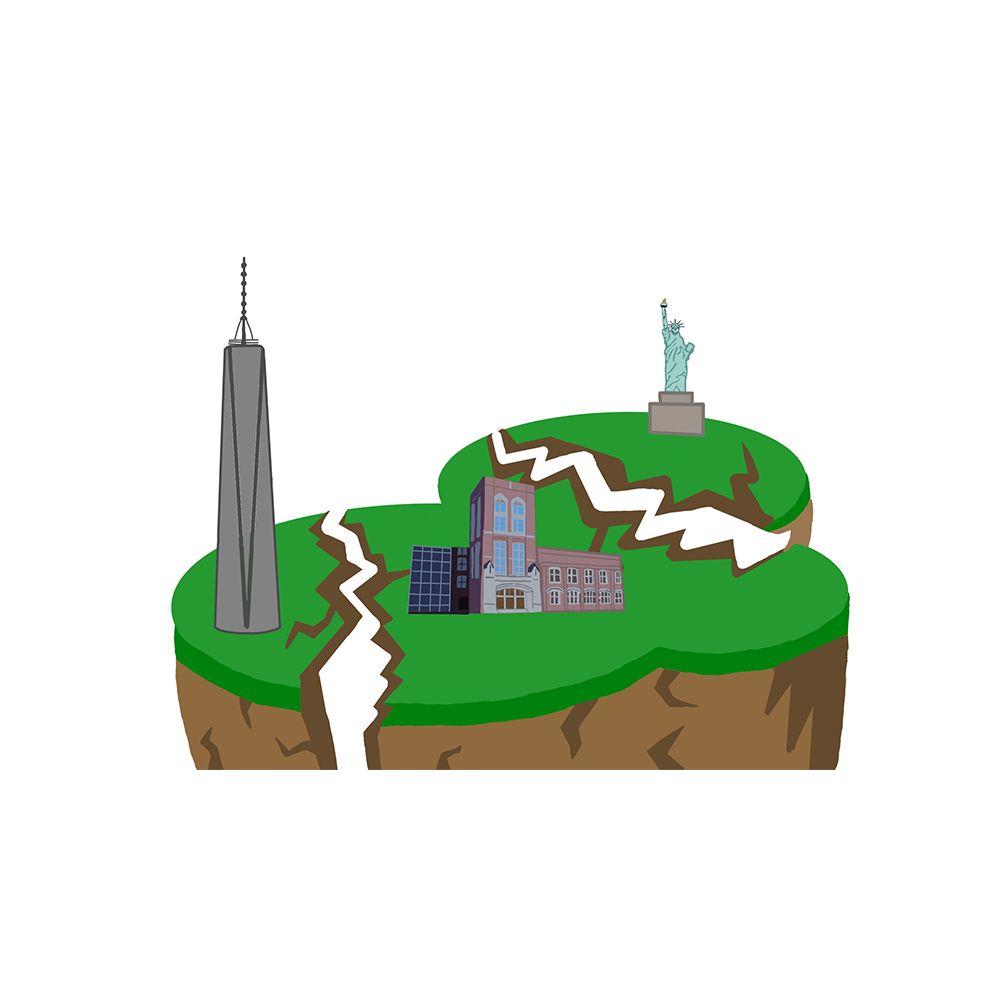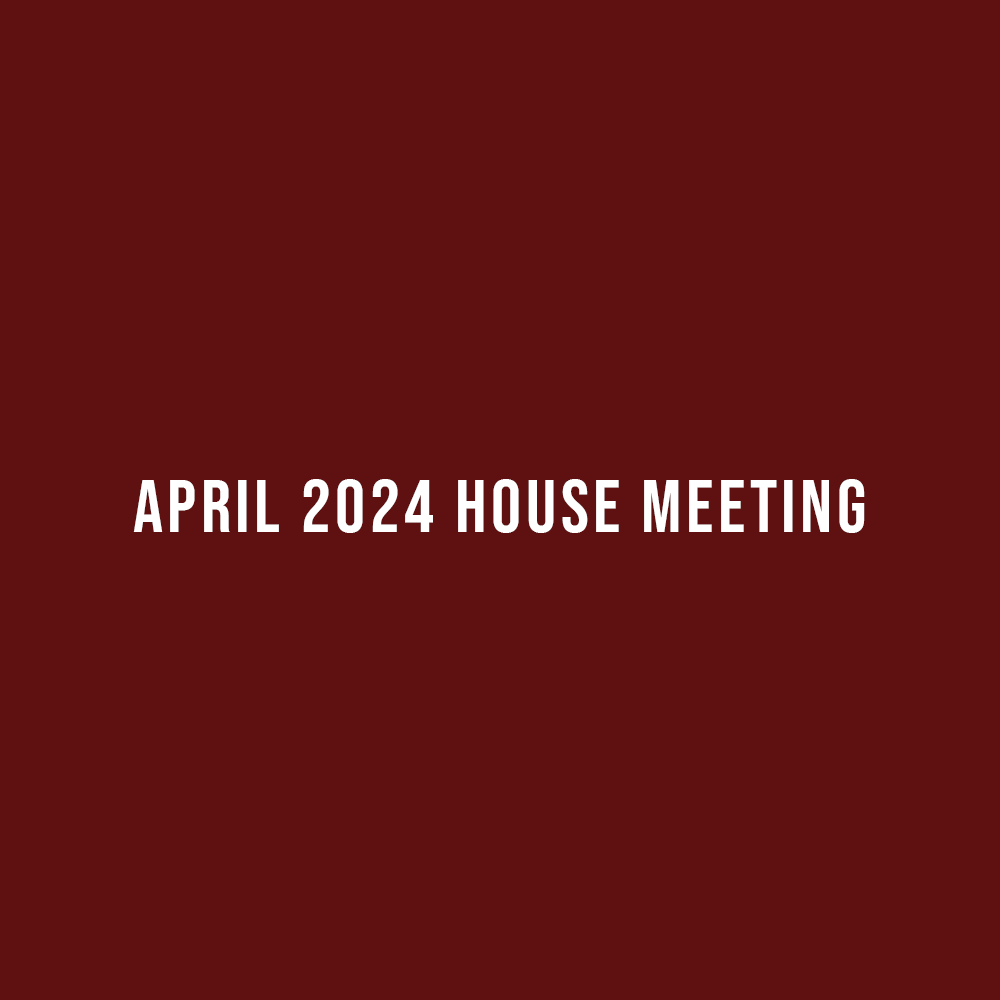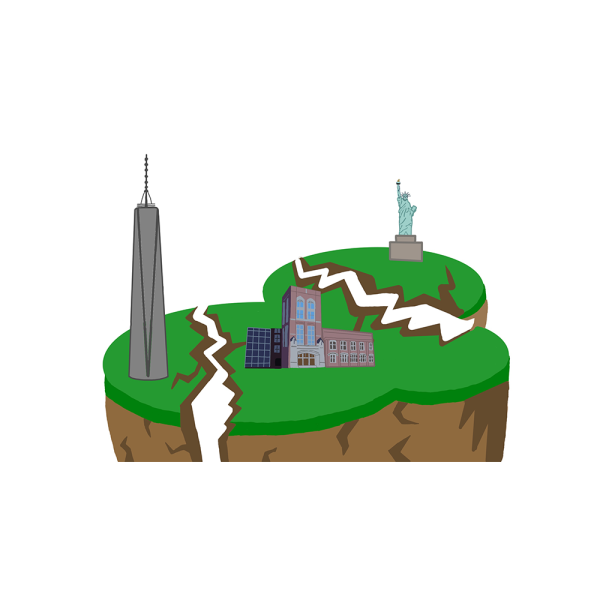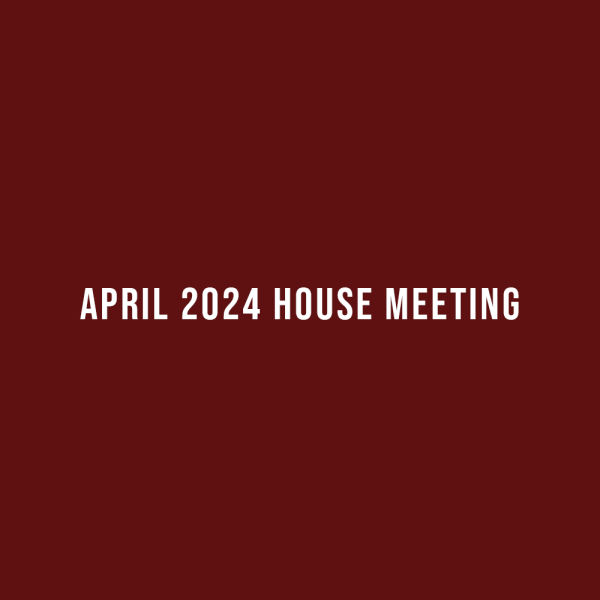Comparing the Coronavirus Response Between the Two Countries I Call Home
May 15, 2020
Brazil checks off many factors of a developing country including corruption, poor economy, wealth inequality, and poverty. Poverty, the lack of effective security, and inequality are a drag on the country. The major problem in Brazil, though, is corruption. Brazil’s first confirmed case of coronavirus occurred on February 25th; since then, Brazil has recorded 127,389 cases and 8,605 deaths. Since Brazil is a developing country, and the U.S. is dealing with a global crisis in the same way as Brazil, can we call the U.S. a developed country?
Living in a bilingual home does not only mean speaking two languages. It means getting two perspectives on the world and feeling anxiety for two different countries. In this pandemic crisis, people listen to the news to get updates on their own country. I, however, listen to two different news broadcasts in two different languages, and yet it feels like I am hearing the same information. Presidents from Brazil and the U.S. are likened in their perspectives on COVID-19. Neither is looking at it as a health crisis, but rather an economic crisis. Both leaders of my countries are attacking the solutions to save the lives of their people.
Brazilian President Jair Bolsonaro believes that the act of quarantining is worse than the disease itself. On March 20th he called the virus a “little flu” and downplayed the severity of the virus for the economy. Bolsonaro asked that the elderly and the ill remained isolated, but those in healthy conditions shall go back to work. This announcement caused a dispute between the president and the health minister, Luiz Mandetta, who advocated scientific approaches, such as quarantine and closing businesses. Mandetta claims Brazil hasn’t reached its peak, but the health minister projects the peak will come in June. On March 24th, Bolsonaro attacked the practice of social distancing, blamed the press for hysteria, and insisted Brazil should go back to normal.“What they are doing in Brazil, a few governors and a few mayors, is a crime. They are breaking up with Brazil, they are destroying jobs. And those guys who say, ‘Oh, the economy is less important than life.’” said Bolsonaro while giving his speech on March 24th.
President Donald Trump downplayed the virus until it became a crisis the same way Bolsonaro did. Trump only took action when states closed schools and universities, but it was already too late. Like Mandetta, American public health officials have vocalized that isolation will decrease the death toll. Regardless, Trump believes the virus is similar to the flu, and that the country is overreacting. Although health officials have stated that shutting down businesses will help control the virus, Trump suggests that the shock in the economy can hurt the country more. “America will, again, and soon, be open for business. Very soon. A lot sooner than three or four months that somebody was suggesting. Lot sooner. We cannot let the cure be worse than the problem itself,” said Trump during a briefing with the White House for the New York Times. Both Trump and Bolsonaro are choosing to protect the economy during a global health crisis. Depending on the extent of the disease, Trump said that certain states will reopen and narrow restrictions.
This generation has not previously seen a pandemic that has directly affected our lives, and therefore we put our futures in the hands of our leaders. Seeing both leaders of my countries acting irresponsibly towards a crisis creates uncertainty, in my mind, for the future.

